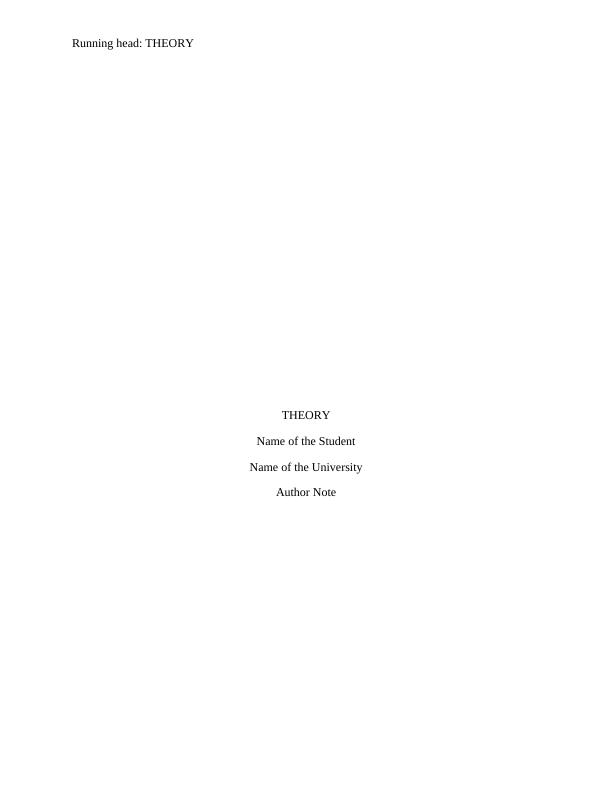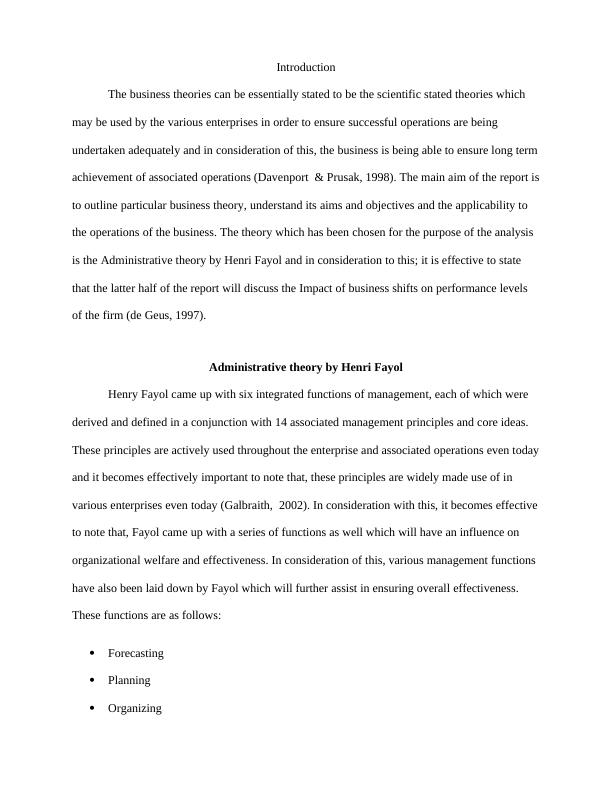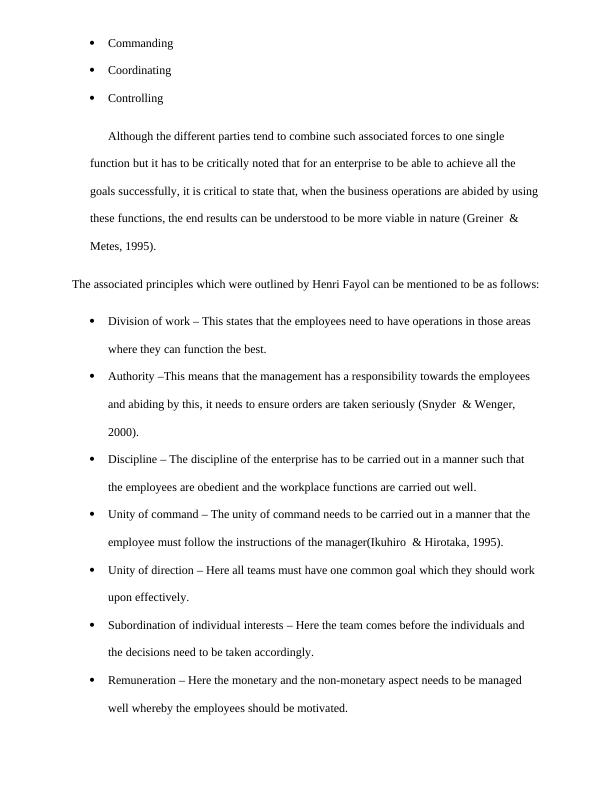Journal of Participation and Empowerment
Added on 2022-09-12
8 Pages1498 Words13 Views
End of preview
Want to access all the pages? Upload your documents or become a member.
Management and Managing in an International Context: An Introduction
|7
|1784
|149
Fredrick Taylor Management Theory
|10
|715
|19
Professional Skills for Accountants - PDF
|11
|2628
|195
Organisational Management: Principles, Theories, and Analysis
|10
|3259
|298
Scientific Management Theory and Administrative Principles Theory
|7
|1392
|160
Insight Into the Organization Theory - Essay
|12
|2795
|16



